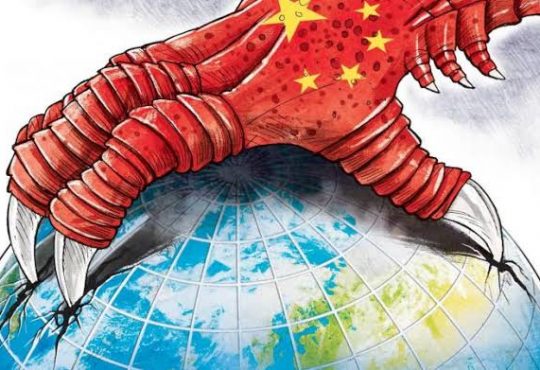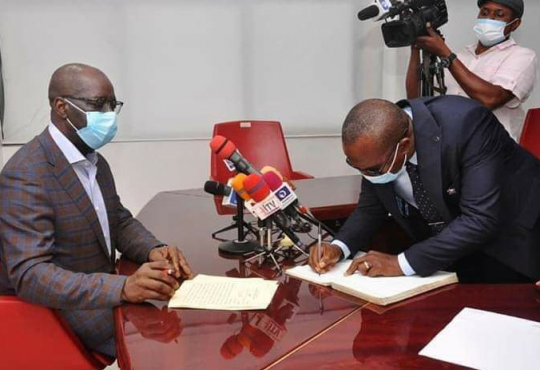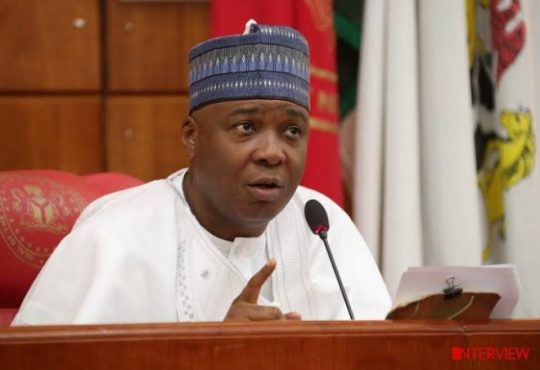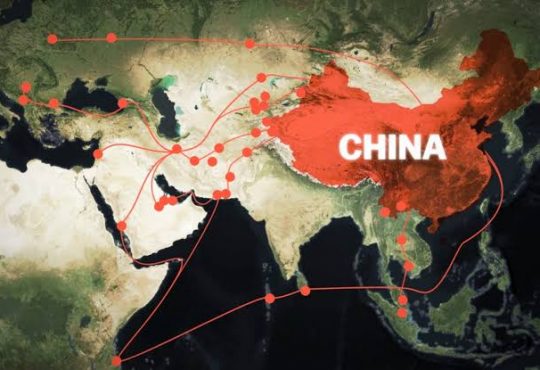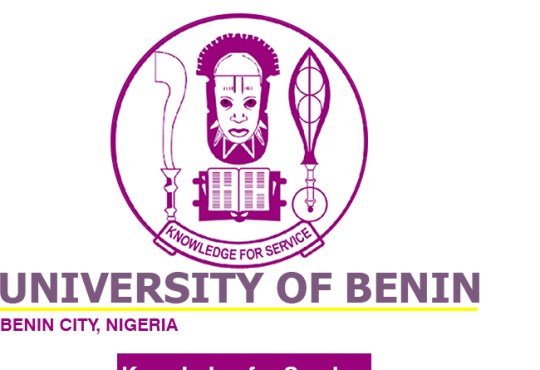
By Lucky Okoedion
The idea of having all peoples, tribes and tongues in the human race identify with each other and collaborate effectively towards the advancement of our collective humanity, human rights and freedom is beautiful and commendable in theory. However, implementing that idea effectively in the midst of the growing influence that profit-driven big corporations have on governance all over the world is quite unrealistic, given the fact that the brutal culture of “survival of the fittest” which holds sway in the business world is antagonistic to so many Democratic ideals.
This fact that democracy and stone cold capitalism are strange bed fellows is well known by all students of democracy. But we cannot begin to condemn democracy or globalism as a result of such imperfections because the least we can do is to keep believing and striving towards the goal of erasing the many barriers that exists between us in the human race – same goal which this wave of globalism promises. A vision which we cannot but subscribe to because there is no doubt that the human race evolves faster and becomes stronger with the values that globalism promotes.
Despite this resolve to remain committed to the lofty ideals promoted by globalism, retiring from social and political innovation in the assumption that we already have a perfect system of government is not an option because the flaws of globalism and democracy in today’s world are enormous. We must be willing to reinvent and remodel democracy if we will make any real progress as a race.
This resolve to keep striving towards perfection is non negotiable because our current model of democracy in the world is more like corporatocracy than democracy. The influence of the financial / business world in determining who is elected into political offices in the world and in dictating the policies of governments behind the scenes, everywhere in the world, is increasing by the day. We all know this but we hardly talk about it because there seem not to be an alternative currently. Yet we need that resolve that refuses to conclude that we cannot reinvent democracy.
The superimposing influence of corporatocracy on what ought to be democracy in the world today is a complex problem, and understandably so. Understandable because it is naive to imagine that being wealthy will not translate to being more powerful in society. Or that wealth will not lead to having more influence over Government, and over the rest of the population. This very complex interwoven influence of big corporations and the phenomenon of having individuals who are more financially capable than whole states is the kryptonite of democracy.
It is in this light that we make sense of corporatocracy as the “God” in the biblical story of the Tower of Babel who came and scattered the people that tried to build a global or world order at the time, using a divide and conquer strategy.
We often observe how big corporations move the left hand of world powers regardless of their democratic Government to go to war. And while that is happening, the democracy in the heart of the Government moves their right hand to mobilize humanitarian aides in the same theater of war.
Hence you see a world power bombarding and plundering another nation in the interest of some multinational corporations who want to profit from a war or wants to have cheaper access to the resources of a nation under attack by a world power. And at the same time, the same world power is portrayed to be “promoting democracy”. The reality only sets in after all said and done and the occupied nation is left in ruins with no democracy in place.
We observe another irony with the current trend of globalism. This irony is understood better when we look at globalism in the mirror of nationalism. When we look at how nations have formed for centuries through a process that entails bringing different tribes together, then we have all the research data we need to do same at the global level of bringing nations together.
Consequently, the question is, since we have so much data, do we need to continuously experiment with globalism? Shouldn’t we know what works and what doesn’t by taking a clue from the centuries of history of nation building all over the world. The same symptoms that manifest when tribes are made to coexist in a form of “democracy” at the level of nations but under economic inequalities as is seen today in South Africa should also be expected when globalism efforts are made to bring nations together under the same rules but different privileges. This is why it seems no third world nation can evolve to become a world power without rebelling against the world bank, the IMF and other agents of globalism that strive to bring nations together under the same rules but different privileges. Rules that unfairly maintain the status quo that ensures that the strong nations remain stronger and there is a ceiling for weaker nations in the same “survival of the fittest” template.
Intentions may differ, but at the level of tribes and nations such as in South Africa, we can already see what to expect in the world when this “survival of the fittest” Principle is used to bring nations together under the same rules but different privileges. It is like 1+1 = 2. There is no need to experiment with it or say “let’s see how it goes”. Centuries of data on what works and what is fair, just and equitable between nations and tribes are available for us to also know what will work between the world and nations.
There is also a phenomenon in which the collective (such as the nation) attempts to consume its constituents for it to survive. Some nations have tried to become strong by erasing tribal identities and superimposing a collective national identity. I am yet to find a nation that has succeeded in doing that without serious problems down the road. Some say that the U.S. has made more progress in that direction. However, it is debatable. But the fact remains that it seems that pure nationalism requires the deliberate weakening of tribal identities in multi-ethnic nations, while pure globalism requires weak nations. Doesn’t that smell like trouble? So, we may have to reinvent the whole globalism movement and also tweak our democracy a bit to reduce the influence and power that corporations are able to exert on our Governments.
Lucky Okoedion is a believer of a new Nigeria where true democracy is practiced. He writes from Benin City, Nigeria.


